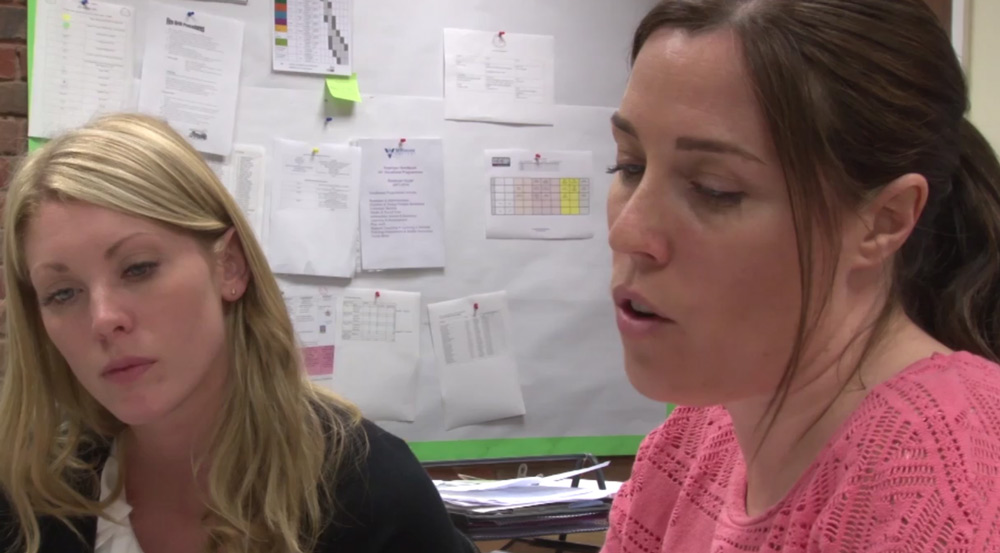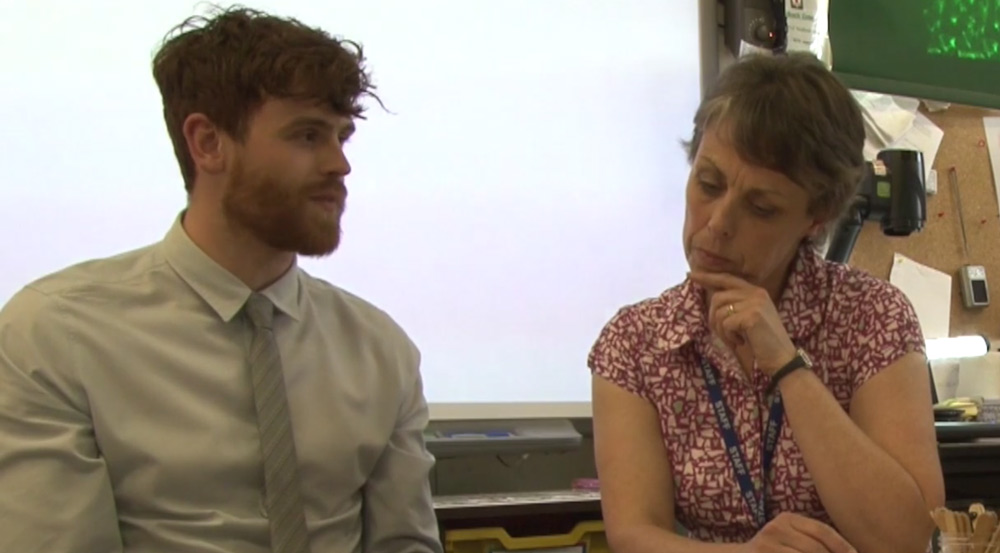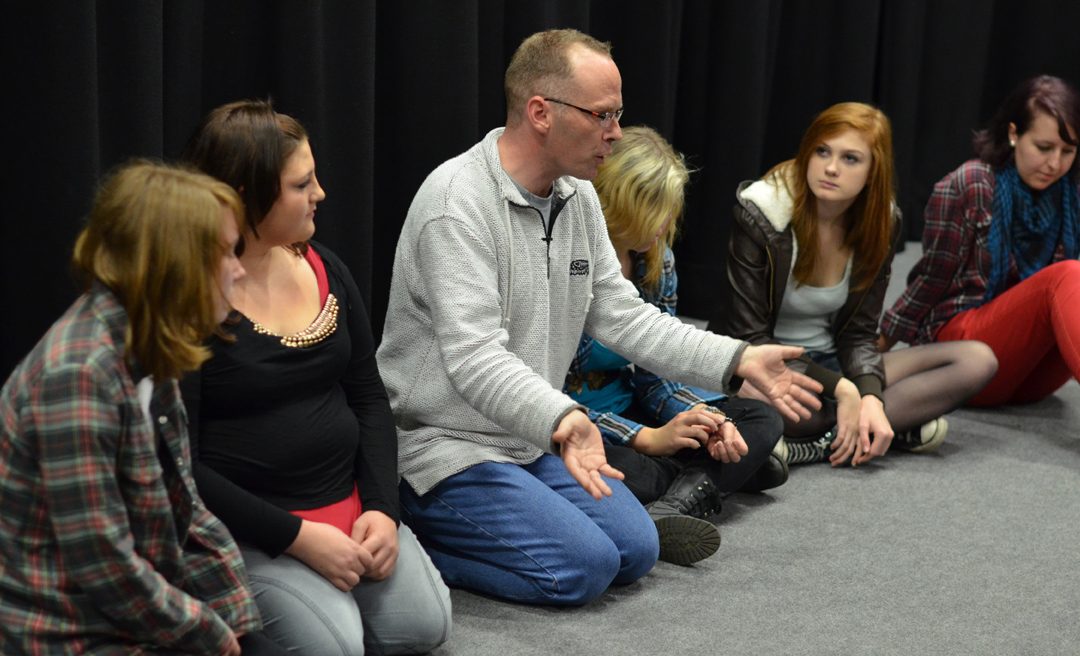Scribe all the questions on a flipchart so that colleagues can see them.
Ensure that their questions are focused on the intended learning impact, not what the teacher is ‘going to do’. This is the common language that can be used to explore teaching and learning.
Don’t give colleagues these questions – use their words. However, ensure that this range of content is covered by their wording.
- What is the assessed starting point for the lesson plan?
- How do you know this assessment is current and relevant?
- How much progress in their learning are you expecting in the lesson?
- How challenging is the lesson likely to be to the class / certain groups?
- Which groups might make most progress?
- Which groups might struggle and in what way?
- What contribution do you want the support staff make to the pupils’ learning?
- Where might you need to adapt the plan during the lesson?
- How much risk is there in the planned lesson?
Even using all these questions the conversation is only likely to last about 10 to 15 minutes

Solve the problem together before it arises in the lesson.
Help your colleague see them as well – ask a question about the issue, e.g. what will you do if the more able pupils achieve these outcomes early in the lesson? Alternatively, raise the issue and make suggestions for your colleague to consider, e.g. If you ability group the pupils for this writing activity the lower attainers won’t be able to benefit from the vocabulary of the others. If you use mixed ability groups you might get a better result for all pupils.
By the time you’ve held this conversation you may find that you don’t need to observe the lesson at all – simply follow up with another conversation after the lesson to look at the work together and find out how it went.
By generating the common language together teachers will grow more confident talking about their teaching and its impact on learning – they know what you are going to ask them.
Give it a go and ask teachers how they find the process. You may be surprised at how much they welcome the opportunity to explain themselves and their practice.
View our relevant resources:
- Pathways to Outstanding: Outstanding Primary Classroom Practice in Action
- Observing for Impact: A comprehensive guide to lesson observation that ensures all leaders understand its purpose and practice.


